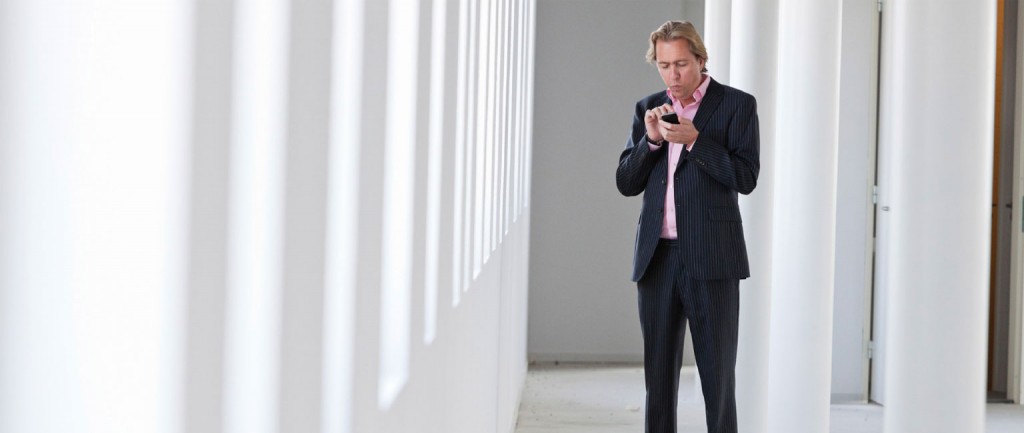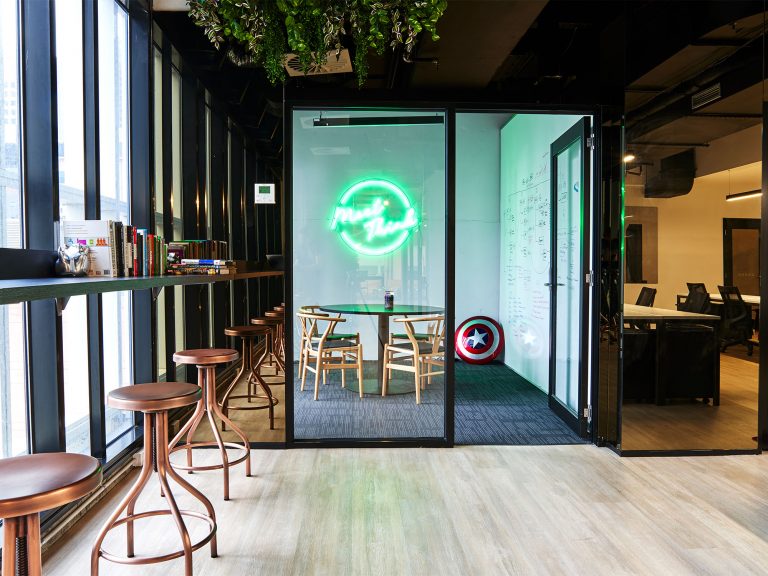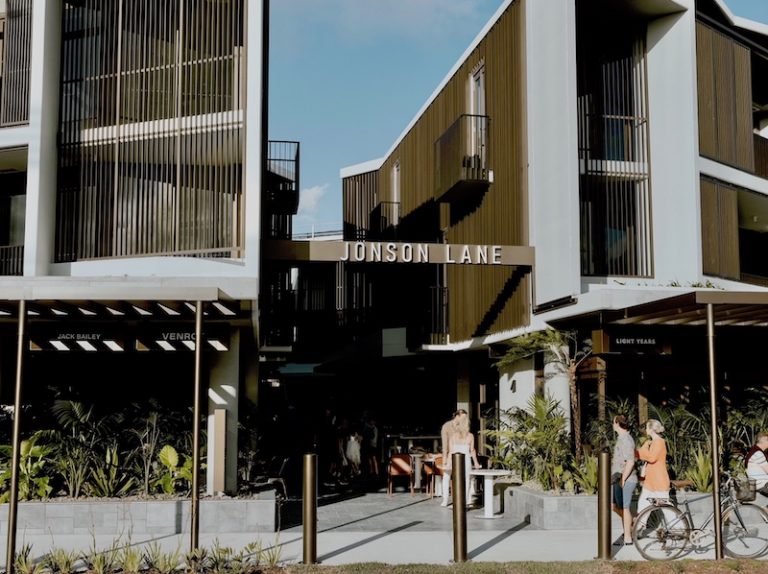Should I buy or lease my business space?

It is one of the biggest decisions a business owner will make: should I buy my premises or lease it?
Experts say there are advantages and disadvantages of both buying and leasing.
Carol Allan is a senior accountant with Insight Wealth and Accounting says owning a building means a large capital injection and may incur land tax obligations, building insurance, maintenance and repairs.
“However when property prices rise, real estate can provide valuable capital growth. Buying business premises also provides security and freedom which may not be available under a lease,” she says.
Allan says that while leasing is generally not a long-term financial commitment, it locks you in to the rental payments until the lease expires.
“A shorter term lease may be advisable for new businesses until they are established,” she says.
“Financial losses may be minimised where a tenant is able to sublet should the business shut down.
“If a business requires new premises to enable either a downsize or expansion, then on expiry of the lease the business is able to respond to market conditions by relocating to a more appropriate location.”
Allan also says owners may be in a position to invest elsewhere in the business while they are leasing.
And she says it is important to seek legal advice before negotiating or signing a lease, and to carefully consider the terms and conditions in the lease.
According to Business Victoria, many of the same rules apply when buying a retail property versus a home.
But the business advice website also says there are other things to consider, such as whether it is in the correct business zone, has the correct planning and building permits and is safe.
Business Victoria says the advantages to buying over leasing include:
- The property will become one of your major business assets.
- There are the benefits of capital growth and security of tenure.
- No landlord means you control how the property is developed.
- You can borrow against your equity in the premises.
- You can claim depreciation of fixtures and fittings.
- You can use the asset as part of your superannuation scheme.
It says the disadvantages include:
- Fitting out and set up costs are usually higher than leasing premises.
- Your ability to borrow money is subject to interest rate changes.
- Having no landlord means you are responsible for expenses including rates and repairs.
- Banks usually want a personal guarantee, which can put assets such as your family home at risk.
- If you have to relocate, selling the premises could be difficult.







